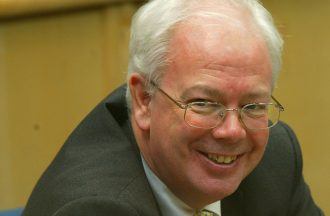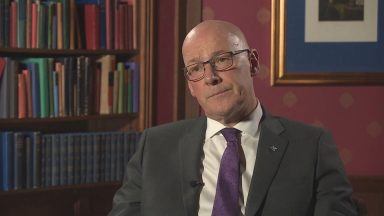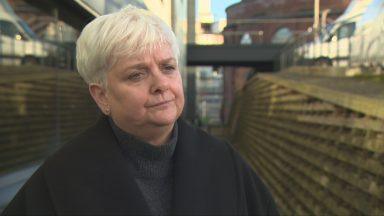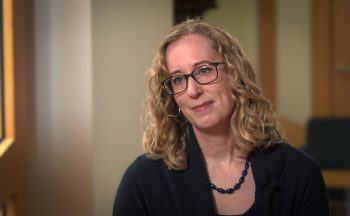A Scottish university has been named the top international school for video game design, with both its undergraduate and postgraduate programmes being ranked in the global top ten.
Abertay has extended its track record as one of the world’s leading universities in this year’s edition of the Princeton Review’s global rankings for game design courses.
The Dundee-based institution has been ranked eighth in the world for undergraduate programmes, up from eleventh last year, and seventh at the postgraduate level, down one place compared to 2024, topping the list in the international category in both cases.
Ryan Locke, the head of the Centre for Excellence in Computer Games Education at Abertay, says the recent recognition is unique.
“It was always a bit different because when it comes to universities, we’re always looking for accreditation, whether that’s from ScreenSkills or TIGA University Accreditation.
“The Princeton Review was much more investigative – the application process makes you sweat a bit because you’ve got to have your data and an analysis of that,” explains Ryan.
“You’ve got to know what competitions or schemes your students are participating in, what staff are doing in terms of research, and obviously, what you’ve done differently since the previous year in order to make the facilities keep growing and grow better.”
The current ranking carries value not only with potential students but also continues the legacy of Scotland being the industry’s pioneer, with Abertay being the first university to offer a video games education degree back in 1997.
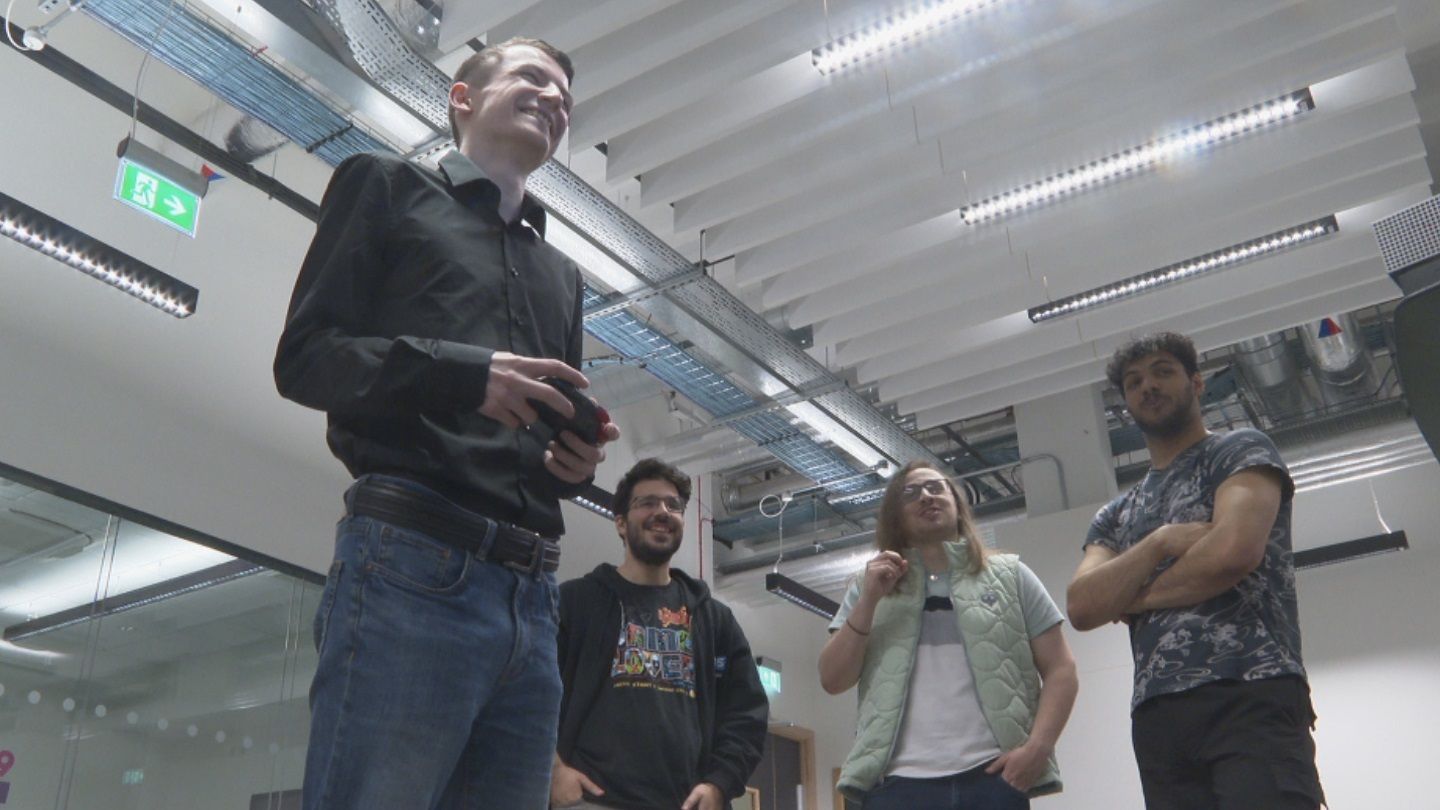 STV News
STV News“The fact that we’re here 28 years later and they’re still the number one in Europe speaks volumes about how hard they have worked to stay current and in front of this incredible industry that’s evolving ever more rapidly,” says Brian Baglow, CEO at Scottish Games Network.
“It is a massive testimony to the whole team working across Abertay, and having that kind of institution here at the heart of the game sector in Scotland can only be a good thing.”
The one constant in the games industry is change, and Ryan believes it was the university’s ability to keep up and innovate along the way that allowed it to stay in the top echelons of global rankings.
“It’s always been about trying to look forward to what’s changing and what’s good while keeping an eye on what the current expectations and standards are required of the industry.
“Between the work that our staff do and the phenomenal effort and work that our students do and the competitions that they’re winning, the projects that they produce, and the research they contribute to, there’s a really brilliant hive of activity just now.”
Abertay is home to, among others, a £9m production studio CoStar Realtime Lab opened this February, and it hosts the annual Dare Academy games design competition that fosters student teams which often evolve into successful start-ups, with winners receiving investment to further develop their prototypes and showcase their games.
But Ryan explains that the hard work does not end there.
“I want us to stay super self-aware and super evaluative, and I think Princeton Review is helping us do that.
“Do we have any blind spots? How do we fix them? If we don’t have the money to fix that, how do we find the money to fix that?
“It’s a check system that holds us to account when it comes to moving, changing and responding to the industry and world demands around us.”
While Abertay and six other Scottish universities produce hundreds of games graduates each year, there are simply not enough local opportunities to use this talent pipeline fully.
But many in the industry believe that more support could change that and transform Scotland into a games superpower.
“Video games are Scotland’s secret weapon; if we can get more recognition and more support, then we can tap into this sector in a way that no other country in the world has even considered,” says Brian.
“We’ve got no shortage of incredibly talented technical people, but when it comes to games, we’re currently lacking the support or the infrastructure to make this an appealing destination for the mega studios and the big brands that we all know and love.
“So that has to change.”
Scotland would not be the first to attract large international game companies by building a suitable financial climate and support infrastructure.
“Canada absolutely transformed its game sector in the 90s and beyond by offering massive tax incentives,” explains Brian.
“You’ve now got some of the world’s biggest game companies who have got huge production facilities all across Canada.”
But he and others in the industry believe that home-grown talent and studios have the same, if not a larger, role to play and there is a need to do far more to encourage people studying video games at all levels to explore starting up their own studio.
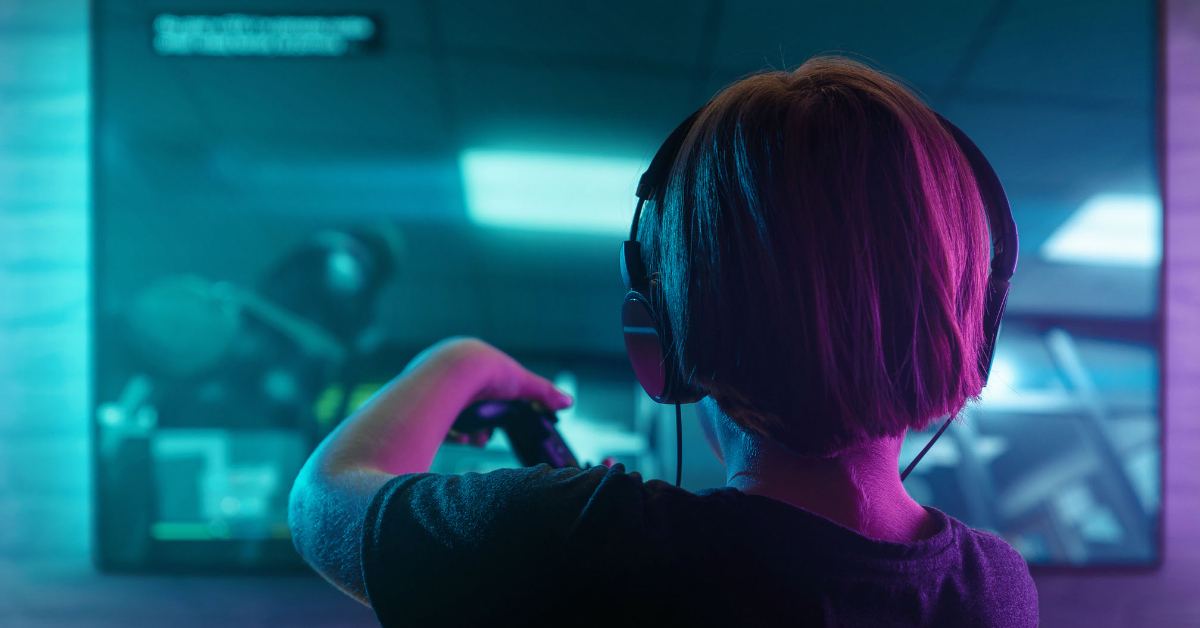 iStock
iStock“We should have an explosion of games studios.
“And not just game studios, but game tools and technologies, businesses and game-adjacent businesses,” adds Brian.
“I think it always will come down to home-grown studios and home-grown talent making home-grown original IP that succeeds,” Ryan agrees.
“Scotland has all the creativity, knowledge and know-how to make this extremely successful and is absolutely capable of producing more Grand Theft Autos.
“But it’s also hard to run a business here.”
That’s something Brian is looking to change.
He is currently working on an action plan with the backing of the Scottish Government that is designed to ‘change the entire knowledge and understanding of video games and build an environment where the whole ecosystem can grow’.
“It’s a series of recommendations to the Scottish Government to say games are currently misunderstood, invisible and unsupported – here is how we change that.
“And I think there’s a real understanding that video games offer something quite significant to Scotland, not just in terms of their economic impact and contribution to the national economy, but to our aspirations as a digital, entrepreneurial and fairer society,” says Brian.
“We need to make sure that people all over the world once again see this country as the beating heart of video games.
“And I think we can recapture that.”
Follow STV News on WhatsApp
Scan the QR code on your mobile device for all the latest news from around the country









